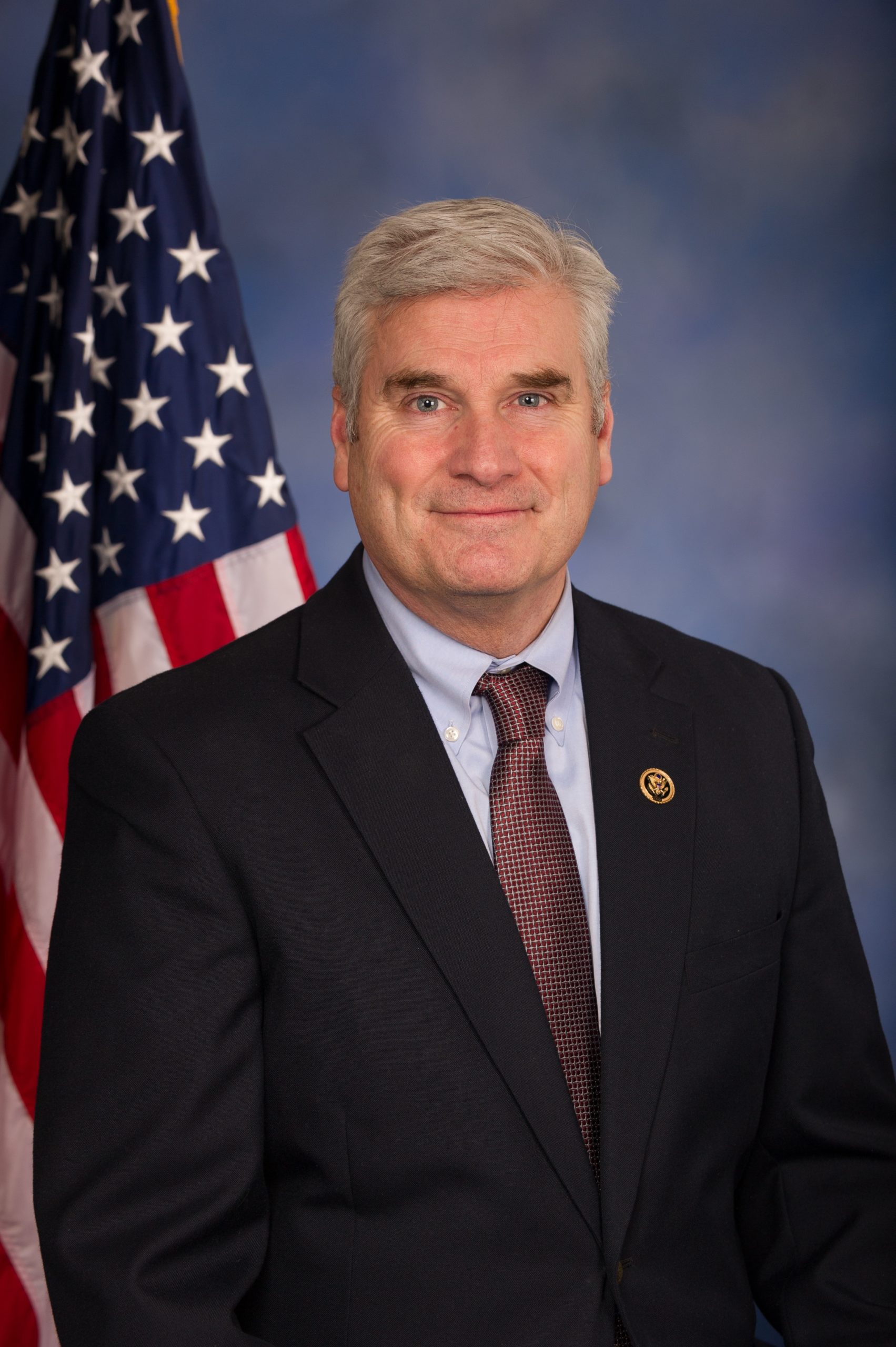As other countries like China develop central bank digital currencies (CBDCs) that lack the same benefits and protections of cash, the United States must ensure that it produces policy that protects the financial privacy of Americans, maintains the U.S. dollar’s dominance, and encourages innovation, U.S. Rep. Tom Emmer (R-MN) told Financial Regulation News.

Toward such goals, Emmer earlier this month introduced legislation, H.R. 6415, which would ban the Federal Reserve from issuing a CBDC directly to individuals — an authority he says the U.S. central bank does not, and should not, have.
“As central bank digital currencies, or CBDCs, are adopted in countries around the world, the American people must understand the potential costs to privacy and liberty that come with Fed-issued CBDCs,” Emmer wrote in a Jan. 25 email. “Without creating safeguards to avoid these threats, the United States risks following the CCP [Chinese Communist Party] down their path of digital authoritarianism.”
A CBDC is virtual money backed and issued by a central bank like the Fed. Unlike decentralized digital currencies such as Bitcoin, CBDCs also transact on a centralized, permissioned blockchain, which in some cases provides a central bank with control over individual payment and transfer activity. For that reason, any CBDC implemented by the Fed must be open, permissionless and private so that any digital dollar is accessible to everyone, transacts on a transparent blockchain, and maintains the privacy elements of cash, said Emmer.
“We know that an American CBDC is a matter of focus in light of developments made in countries across the world,” said the congressman, who is serving his fourth term representing Minnesota’s 6th District. “I have been increasingly concerned about the threat a poorly implemented CBDC could pose to Americans’ privacy and liberty.”
Some 90 countries, including China, are considering or have launched their own CBDCs, according to the Washington, D.C.-based think tank the Atlantic Council.
“As cryptocurrencies and stablecoins have become more popular, the world’s central banks have realized that they need to provide an alternative — or let the future of money pass them by,” according to the council, which echoed concerns by some that America’s dominance of the global financial system could evaporate without a digitized dollar.
Emmer said that his proposed bill is underscored by the Fed’s release on Jan. 20 of its long-awaited CBDC report on the pros and cons of America potentially adopting a digital dollar. In its discussion paper, the Fed was inconclusive and essentially punted the issue to Congress to decide.
“The paper does not favor any policy outcome,” the Fed said in its paper, although Federal Reserve Chairman Jerome Powell did say that the central bank invites comments from the public and called the paper the first step in a discussion of whether and how a CBDC could improve the safe and effective domestic payments system.
“We look forward to engaging with the public, elected representatives, and a broad range of stakeholders as we examine the positives and negatives of a central bank digital currency in the United States,” Powell said.
U.S. Senate Banking Committee Chairman Sherrod Brown (D-OH) called the Fed’s paper “a good first step” toward designing a CBDC that could bring more Americans into the nation’s banking system and help maintain the United States’ leadership in the global economy.
“I look forward to working with the Federal Reserve and the Biden Administration to ensure that workers, small business, community banks, and credit unions can continue to participate in our digital economy,” Brown said in a statement last week.
Other Democrats — such as U.S. Rep. Jake Auchincloss (D-MA) — have concerns similar to Emmer’s about the Federal Reserve making payments directly to citizens. Auchincloss, for example, during a hearing last summer wondered if such authority was outside both fiscal policy and the Fed’s remit.
Now that Emmer has introduced H.R. 6415, he said the next step is for the bill to be considered by the U.S. House Financial Services Committee, on which he serves. After that would be passage in the House and Senate, and finally a signature on the president’s desk, he said.
“Before we get ahead of ourselves, though, I hope that this bill will help frame a conversation among my colleagues and the American people on the future of CBDCs and the risks associated with them,” Emmer wrote in his email. “As a co-chair of the Congressional Blockchain Caucus, I’ll continue to keep a close eye on this policy space.”